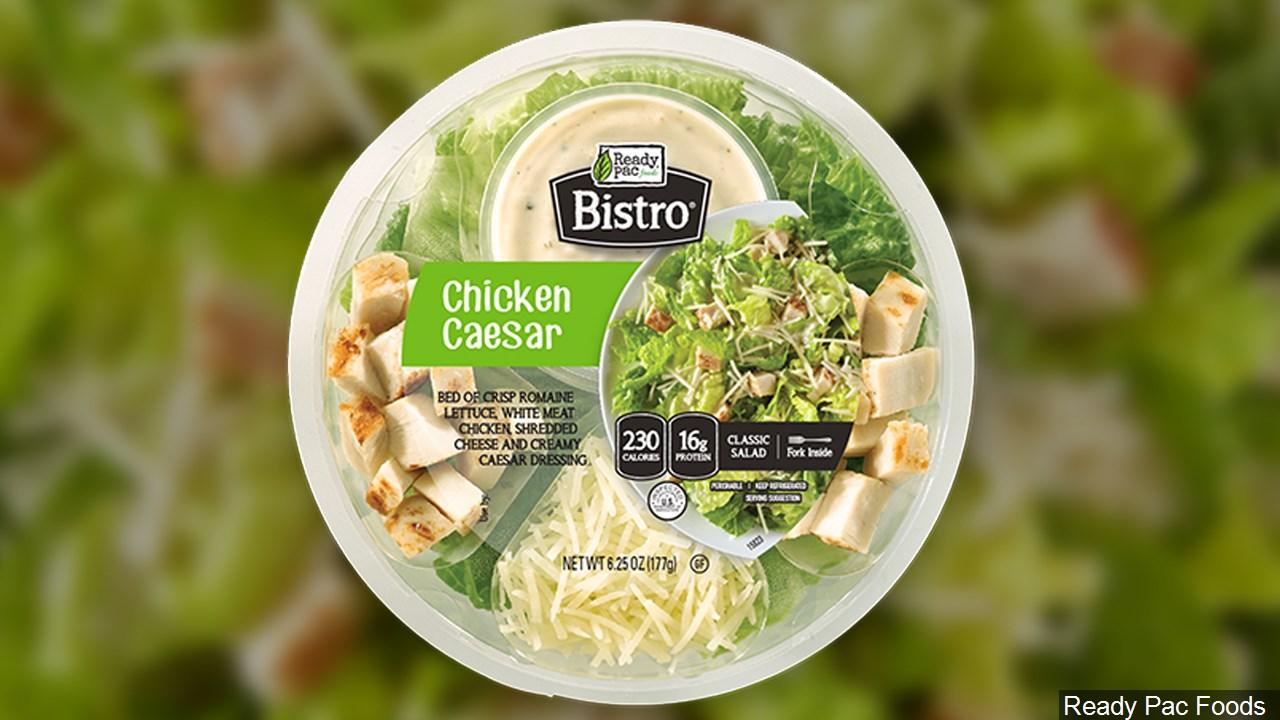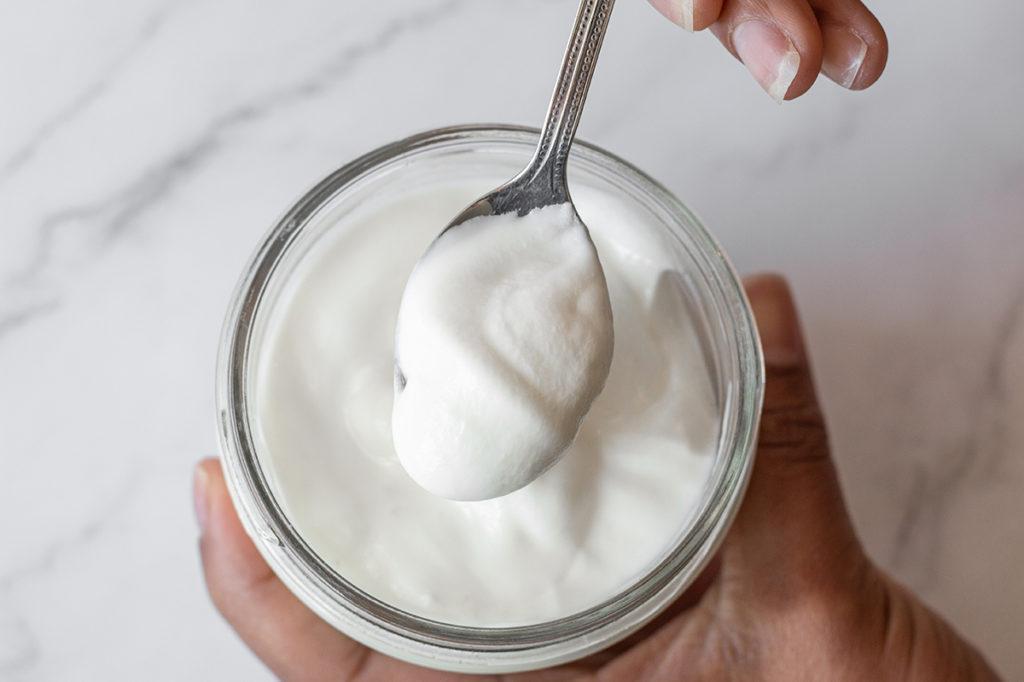Expired food contributes significantly to global food waste. About 1.3 billion tons of food are wasted annually worldwide.
Expiration dates often indicate quality, not safety. “Best by” and “use by” dates have different meanings. That’s why, here are the 9 foods you should throw out after expiration date.
Expired Chicken: A Food Safety Hazard

Uncooked chicken poses severe bacterial contamination risks after expiration. Salmonella, norovirus, and listeria can cause food poisoning.
The CDC reports 1 million annual cases of salmonella in the US. Proper storage and timely consumption reduce health risks significantly.
Moldy Bread: More Than Just Unappetizing

Expired bread often develops harmful mold. Ingesting moldy bread can lead to respiratory issues and allergic reactions.
The average American consumes 53 pounds of bread annually. Proper storage extends bread’s shelf life by 3-5 days.
Berries: Quick to Spoil, Costly to Waste

Fresh berries are highly perishable and prone to mold. They lose flavor and texture rapidly after expiration.
Americans consume about 8 pounds of fresh berries per person annually. Rinsing berries just before consumption extends their shelf life by 1-2 days.
Milk: When Fresh Turns Foul

Expired milk develops a sour smell and curdled appearance. It can harbor harmful bacteria like E. coli.
The average American consumes 146 pounds of milk annually. Ultra-pasteurized milk lasts 30-90 days unopened, compared to 14-21 days for regular pasteurized milk.
Sausages: A Listeria Risk After Expiration

Expired sausages can harbor listeria and other bacteria. They develop an off smell and slimy texture when spoiled.
Listeria causes about 1,600 illnesses annually in the US. Freezing sausages can extend their shelf life by 1-2 months.
Pre-Packaged Salads: Not Always Fresh

Pre-packaged salads can become contaminated with E. coli and listeria. High moisture content leads to quick spoilage.
The pre-packaged salad market is worth over $5 billion annually. Proper refrigeration can extend shelf life by 1-2 days.
Yogurt: Live Cultures Turn Dangerous

Expired yogurt can cause food poisoning due to harmful bacteria growth. It develops a sour smell and watery separation.
Americans consume about 13.4 pounds of yogurt per capita annually. Greek yogurt typically lasts 1-2 weeks after opening, compared to 5-7 days for regular yogurt.
Canned Foods: Long-Lasting but Not Eternal

Canned foods eventually expire and lose nutrients. Damaged cans risk botulism, a potentially fatal illness.
The canned food industry is worth over $91 billion globally. Properly stored canned foods can last 2-5 years past their printed date.
Eggs: Float Test for Freshness

Expired eggs increase the risk of salmonella. The float test helps determine egg freshness.
Americans consume about 287 eggs per person annually. Properly refrigerated eggs can last 3-5 weeks after the pack date.


